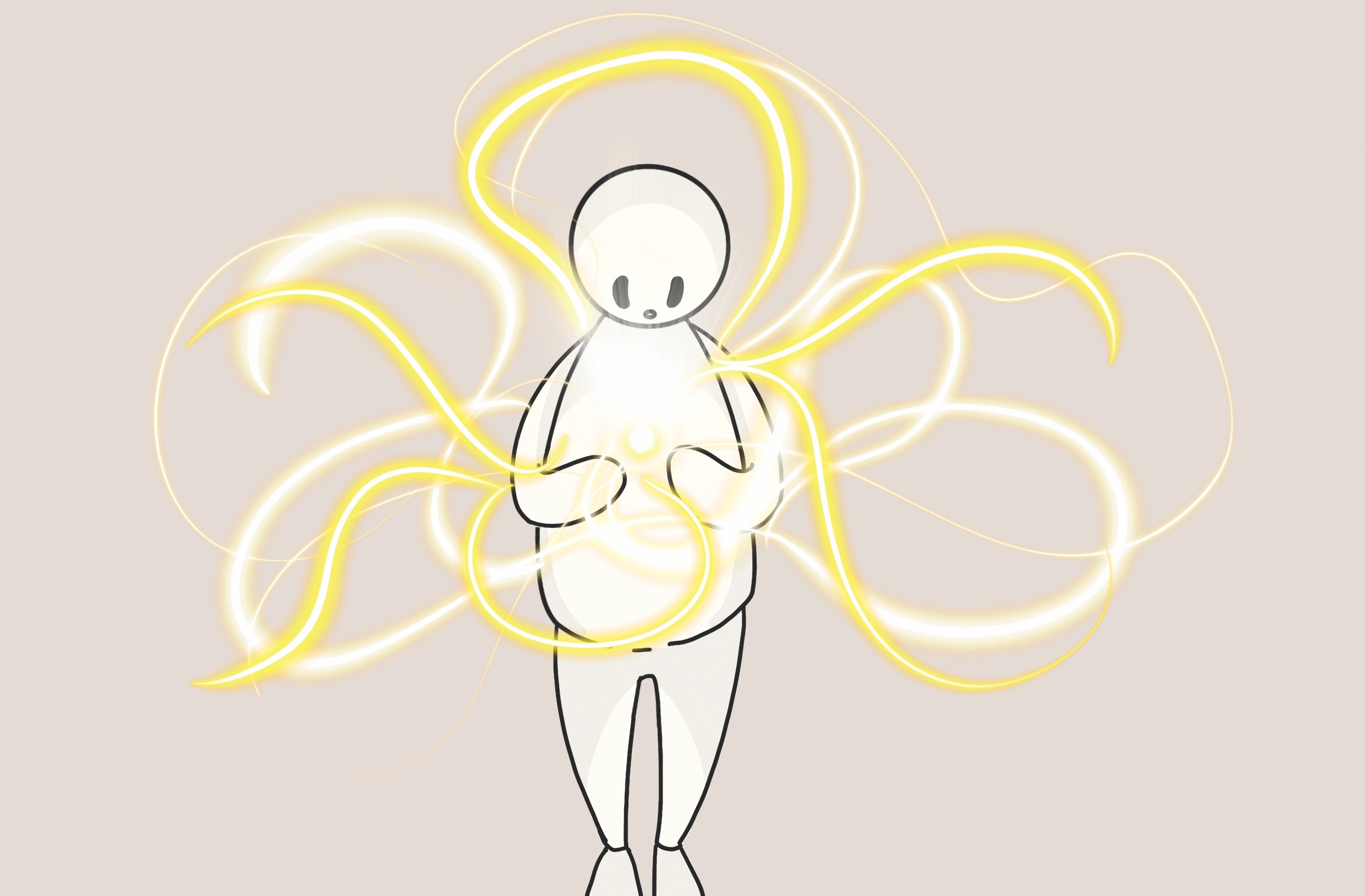A word unsaid
September 27, 2024
 Si Ting Chen
Si Ting ChenIn the final act of Thornton Wilder’s “Our Town,” as Emily Webb resigns herself to her grave, she implores the Stage Manager: “Do any human beings ever realize life while they live it?—every, every minute?” Initially, he responds with a soft “no,” but then pauses, before continuing, “The saints and poets, maybe—they do some.”
It is there—in a play that is uniquely and quintessentially American, preoccupied with the dealings of a simple town like any other in the nation—that we learn where to look for a guiding light to lead us. Though introduced in tandem, our saints are not who I wish to bring out of the night. Let us encounter the poets.
As we stand, our ties to the bards of America are severed. They are either antiquated and ignored—a mottled statue in the square of your town or the name of your junior high—or obscured by the deluge of modern media, which builds shrines out of multifarious sources of dubious quality. Prayer has long been phased out of American schooling, but its replacement—poetry—has also dissolved from our tongues. No new replacement is fed to our young; no moral language is offered up for them to recite each day and etch into their minds. They starve for direction while our great American poets rot on the vine.
In this miasma, we stumble about without direction, disconnected from one another and unable to see the ways in which we are inextricably bound. This is not to say that a renewed cultural appreciation of our long-dead poets would remedy every ill that America aches from. But would it hinder us to recognize how each individual is a stitch in the American tapestry regardless of their station in life? Would a renewed appreciation for the unique and penetrating ideals of American life be a detriment to us?
There are other lessons that benefit us as individuals just as much as they do society. Poetry is a mirror as much as it is a guide. As our poets lead us down paths of greater morality, we examine ourselves and recognize our parts in their words. Some of these reflections may be unsavory and some self-affirming, but all remind us of the complexity of our own humanity. There is not a soul who would not benefit from this cleansing and rejuvenating practice.
Democratic poetry ought to be the prayer of our nation. As Walt Whitman wrote in the introduction to “Leaves of Grass,” “Of all the nations the United States with veins full of poetical stuff most need poets and will doubtless have the greatest and use them the greatest. Their presidents shall not be their common referee so much as their poets shall.” Each week I will bring a poet onto the field to be our referee. Some will be famous and some minor, but all have produced work that we unknowingly ground ourselves in. I will begin here, with a stanza that I cannot shake from my mind:
“There is that in me—I do not know what it is—but I know it is in me.”
Thus begins the 50th section of Whitman’s “Song of Myself,” a poem that spans 52 sections of varying length. The 50th is barren in comparison to the swelling lists of the earlier sections, but in its simplicity lies something that Whitman declares to be the key to happiness. Arising from a slumber, as if the journey of the past 49 sections were a fitful dream, Whitman writes, “I do not know it—it is without name—it is a word unsaid, it is not in any dictionary, utterance, symbol.” His inability to define this “word unsaid” does not shake him. Instead, he relishes in the beauty of a vastness yet to be explored, one that is his to traverse. If there is a more American idea than that, I do not know it.
In recent months, I have landed on perspective as the closest definition of my word unsaid—the ability to see the light in every situation and tease meaning out of the mundane. But I am sure that this will mutate with time, my definition ever shifting. All I know is that it does exist within me.
I urge you to read Section 50 and to question what that indistinguishable word could be—one word that fits exactly into the keyhole of your locked door marked “Happiness.” Could one meager word hold such power? Perhaps this one word—or at least our contemplation of it—is a first step towards a bolstered poetic tradition. There is something in us all. The poets just have to point us towards it.

Comments
Before submitting a comment, please review our comment policy. Some key points from the policy: